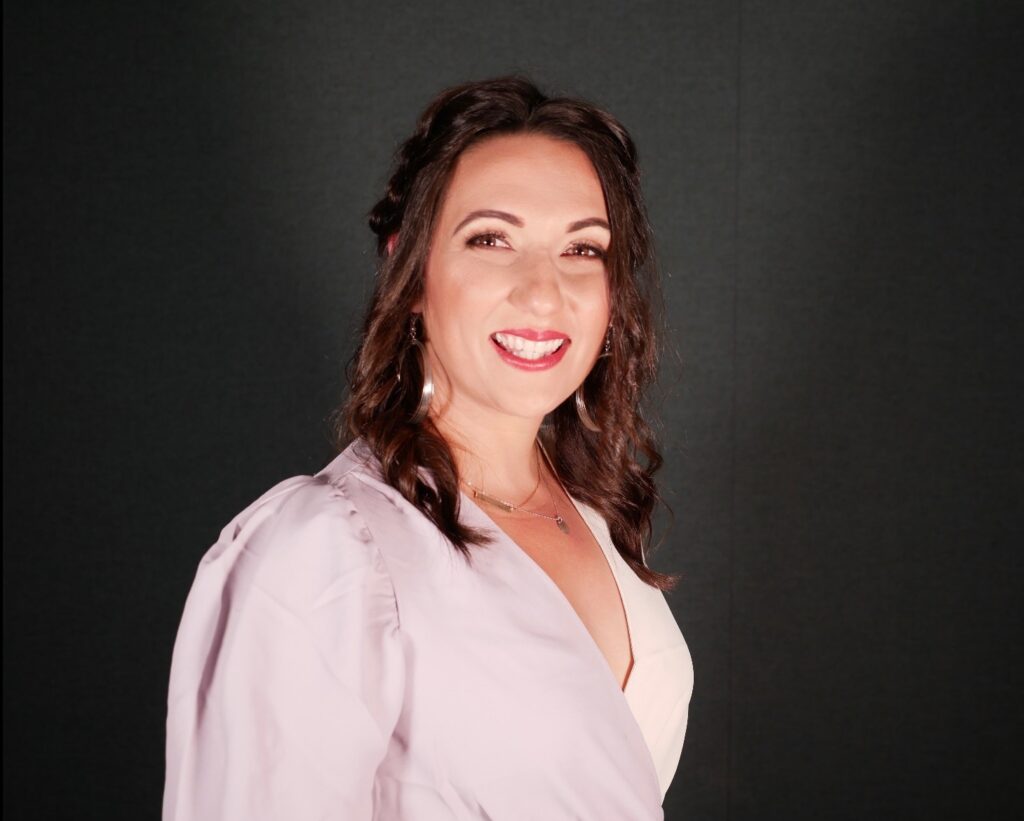
Name and how long you have been in the industry.
Hi! I’m Danielle and I have been in the industry for 15 years!
Short background bio – How did you get into the industry? Anything that drew you in?
My mom was a ER nurse and I always had a strong interest in working in healthcare. However, I knew I didn’t want hands-on patient care so that’s why I chose Biomedical Engineering as my undergraduate degree. When I was a junior at UConn, I was really unsure what I wanted to do after graduation. Being an extravert, I knew I did not want to work in a lab or behind a desk all day every day. During one Biomedical Engineering Society meeting, Frank Painter, who, at the time, was the director of the UCONN Graduate Clinical Engineering Program, gave a presentation about Clinical Engineers and how they work alongside doctors and nurses in hospitals to make them safer and more efficient. From that presentation on, I knew that was exactly the subset of Biomedical Engineering that I wanted to pursue and applied to the program. The rest is history.
What milestones or contributing factors helped elevate you to where you are today?
The UCONN Graduate Clinical Engineering program requires you to have a 20 hour a week internship working as a clinical engineer. I interviewed with many hospitals who were affiliated with UCONN’s program and was selected by Hartford Hospital. I am forever grateful to the all-male, 40-person department who took me under their wings and taught me the raw skills needed to be successful. I, too, started my career trouble shooting infusion pumps. I will never forget the day one respiratory tech took apart a blender, told me to put it back together and proceeded to leave me alone in the shop to figure it out. I am so thankful to Amato DeRosa, who has been the director for the Hartford Healthcare program for over 20 years. He took a chance on me and even hired me while I was still in school full time. He put me in charge of multimillion-dollar capital and construction projects and mentored me the whole way. If it were not for his confidence in me, I would not be the professional I am today.
What roadblocks did you have to overcome?
I grew up in Webster, MA. In 2018, Webster was ranked by US News and World Reports as the poorest town in Massachusetts and one of the poorest towns in the county. I think people often misconceive me as coming from a wealthy family and growing up living in a gated community, which is far from the truth. My high school was on academic probation for almost the entire time I was there. It was especially scary when applying to colleges and engineering programs knowing schools would see that I came from a high school with subpar academics. I have also always struggled with reading – am such a slow reader that I never had enough time to finish the English portion of the SAT. I received many rejection letters from colleges even though I ranked in the top 10 of my class. I was told by one college admissions person that due to having a below par high school curriculum, I would never succeed as an engineer. UCONN tentatively accepted me into their School of Engineering with the condition that I attend and pass an 8-week BRIDGE program over the summer that was made for students who came from underprivileged communities and needed help to get academically on par to be successful in engineering school. While all my high school friends were having the last summer of their lives, I was at UCONN taking Chemistry, Calculus, C++ and Physics. I somehow got though that program and made some of the best friends (and later, bridesmaids) I could have ever asked for. Fast forward to 2020, I was inducted into UCONN’s Academy of Distinguished Engineers. We can all do hard things and overcome challenges.
What do you feel makes a great leader in this industry?
My whole career has been built on empathy and never forgetting where I came from. We do the right thing even if it’s the hard thing. My mission has always been clear: we come to work every day for the patient and to ensure they have safe and functional medical equipment when they need it most. It is the sad reality that people come to hospitals during some of their darkest, scariest, and most vulnerable times and it is through our empathy and ethics that our greatest work shines through.
What advice to you have for the other women in HTM?
I challenge you to find you “why” and think long and hard about what drives you to do what you do every day. Also, it doesn’t matter where you come from. You drive your future, and it may not always be a linear path. We all have a story that makes us who we are so be proud, stand tall, and tell your story proudly!
